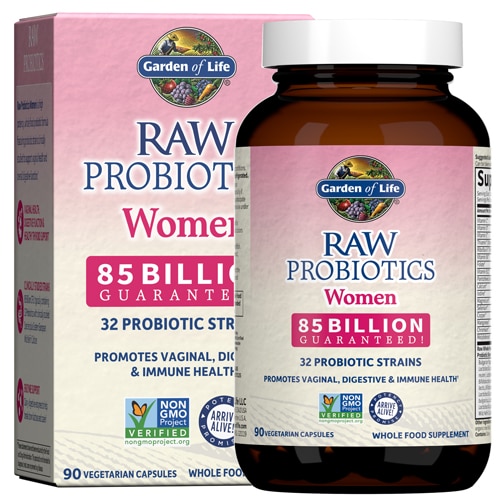From probiotics for nurturing digestive health to niacin for supporting heart health, you have a cabinet stacked with supplements that foster health, beauty and well-being.
But have you ever dipped into your flaxseed oil only to find that it’s turned rancid, or questioned the integrity of your vitamin C after a particularly sultry summer?
Vitamins and minerals, herbs, essential fatty acids and probiotics—those splendid “good” bacteria that naturally foster digestion—contain nutrients that, like all live things, can be vulnerable to the vagaries of heat, light and oxygen.
So how best to keep products containing these ingredients safe and effective? Store vitamin supplements with care. Here’s how:
1. Keep probiotics in the refrigerator.
Probiotics are a naturally occurring bacteria that reside in your digestive tract and assist in the absorption of nutrients. But, while present in your body from the moment you’re born, a number of toxins, foods and stressors—prescription antibiotics, sugar and anxiety—erode gut flora and can throw your natural ratio of good and bad bacteria out of whack. When this happens, your digestive tract can become a breeding ground for unwanted bacteria, which can result in a number of problems.
Probiotic supplements naturally support your body’s natural balance of bacteria, strengthening your immune system and bolstering overall health. While some brands claim that probiotic supplements can be stored at room temperature, keep in mind that probiotics are comprised of live organisms. As such, they’ll survive longer when kept in the coolness of a refrigerator. (After all, you wouldn’t eat a yogurt that’s been kept on the counter all day, would you?)
2. Store essential fats in the same place.
Ever popped off the top of your krill oil only to find it smells two days past officially spoiled?
Essential fats—such as omega-3s, which naturally support everything from heart health to collagen production--can break down when they’re subjected to oxidizing agents like sunshine and balmy climes. Flaxseed, fish oil and krill oils can maintain their consistency and efficacy when they’re stored in a dark, sealed bottle in the refrigerator.
3. Protect antioxidants, vitamins and herbal supplements.
Antioxidants—those oh-so-potent substances that support health by combating harmful free radicals—lose their power when they’re exposed to the oxidizing agents of heat, light and oxygen.
To retain their strength, keep beta carotene, alpha lipoic acid, CoQ10, and vitamins A, C, and E—among others—in a cool, dry spot with their lids firmly in place. Do the same with your vitamin B complex and herbal supplements, particularly if you live in a muggy climate: humidity breaks down vitamins and herbal supplements at a faster rate than drier environs. Store away from heating pipes and windows, and don’t overlook the possible impact of the heat and moisture in your kitchen. Preserve them well—and you may reap the rewards of preserving yourself while you’re at it.




